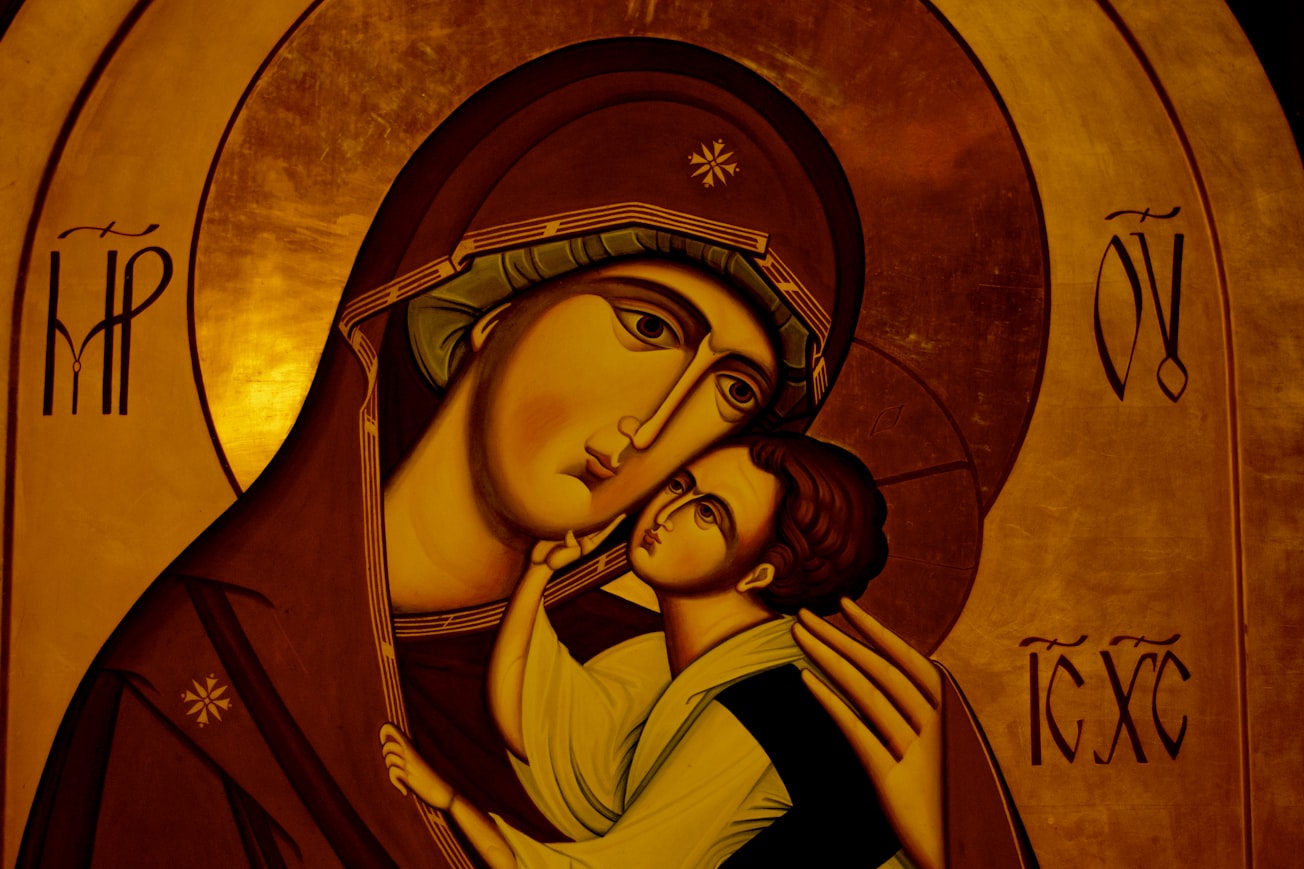What is it about?
Human freedom is best understood as self-determination. Free action consists of deliberation, decision, and action. The free human person deserves dignity, that is, we each deserve to be treated as a moral end and not merely as a means to someone else's end. Neurocentrist philosophy—a form of eliminative materialism--based on neuroscience, however, threatens the extinction of the human self and, thereby, threatens to turn our experience of freedom and dignity into a mere delusion. This evacuates the moral agenda of every activist liberation theology. One task of today’s public theologian is to protect Cognitive Liberty, because it conceptually undergirds political, economic, and social liberation.
Featured Image

Photo by Ruth Gledhill on Unsplash
Why is it important?
This is important because activist and liberation theology ignores what's going on in the natural sciences, and the discussion surrounding neuroscience could undercut the very foundation of the struggle for freedom.
Perspectives
There is a widespread misunderstanding that the battle between determinism and indeterminism in science formulates the problem of human freedom. It doesn't. I believe in 3 part determinism: nature, nurture, and self-determination.
Prof Ted F Peters
Graduate Theological Union
Read the Original
This page is a summary of: The Struggle for Cognitive Liberty: Retrofitting the Self in Activist Theology, Theology and Science, July 2020, Taylor & Francis,
DOI: 10.1080/14746700.2020.1786219.
You can read the full text:
Resources
Contributors
The following have contributed to this page







